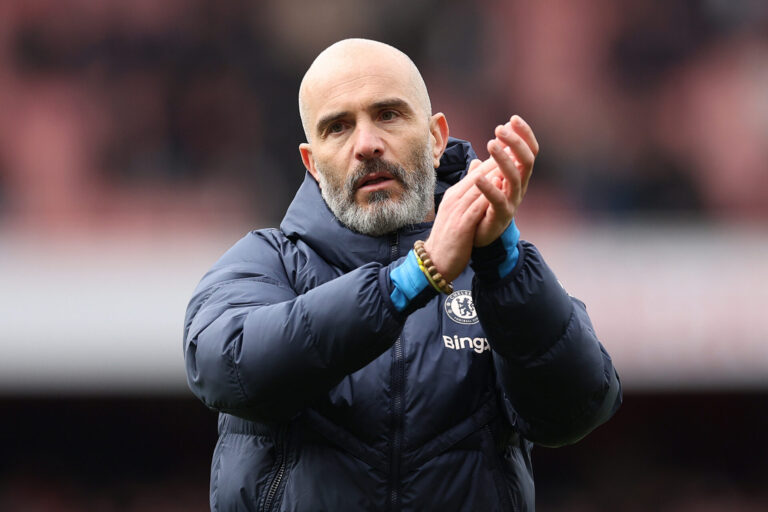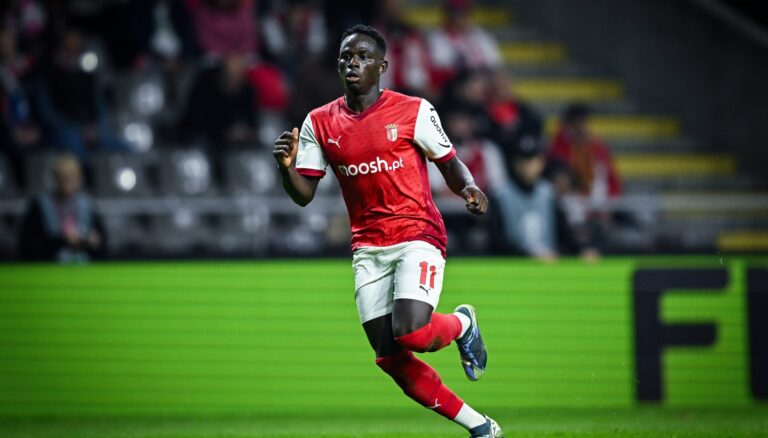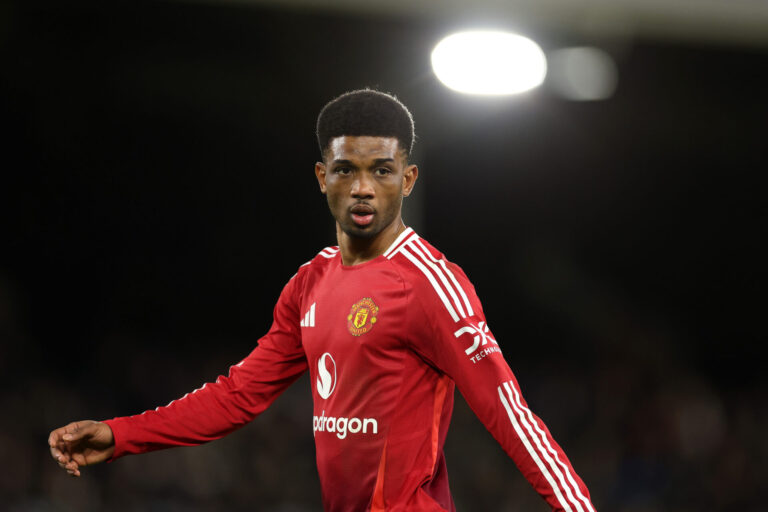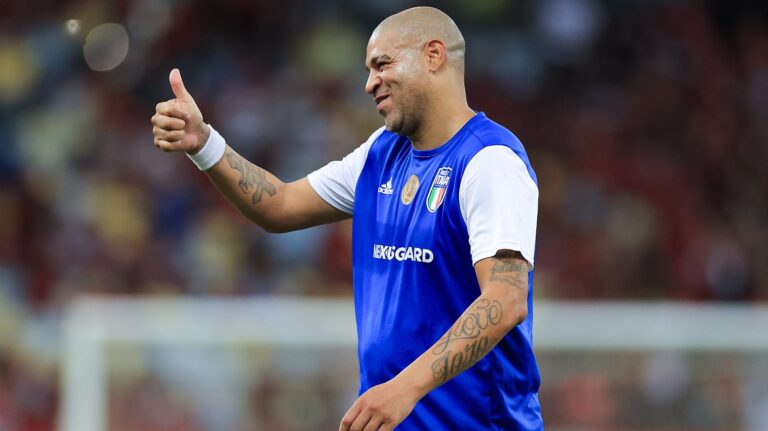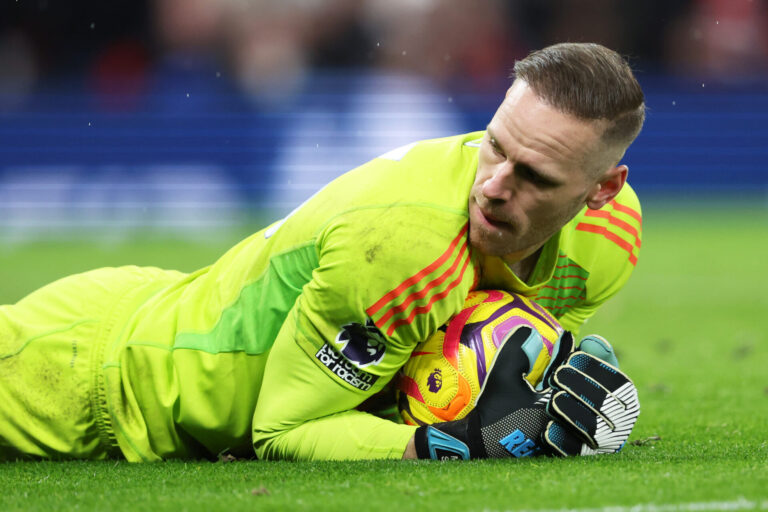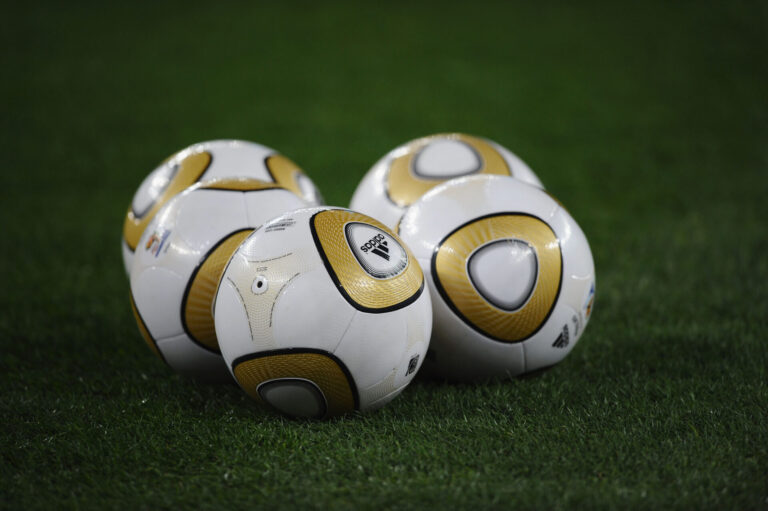F.C United of Manchester: The Club Created By Fans For Fans
F.C United of Manchester is a club born in 2005, residing in the seventh division of English football, formed through a combination of defiance, disgruntlement, and a dream.
Created by a group of Manchester United supporters in retaliation against the Glazer ownership, the club serves as a beacon of true football values to discerning fans.
A fan-centric football club is few and far between in the modern era. Clubs are being defined by their success in the fiscal year rather than their football year. F.C United of Manchester (FCUM) are the antithesis of this trend.
F.C United of Manchester: A Manifesto
Setting up the club, the creators had a simple manifesto:
“Our aim is to create a sustainable club for the long term which is owned and democratically run by its members, which is accessible to all the communities of Manchester and one in which they can participate fully.”
The club is built around the community and their seven core principles. Of these core principles, the most striking ones are:
- The club will encourage young, local participation—playing and supporting—whenever possible.
- The club will develop strong links with the local community and strive to be accessible to all, discriminating against none.
- The club will remain a non-profit organisation.
A true club rooted in the heart of the community, FCUM is committed to working via an inclusive ethos that resonates with their members. Community initiatives and charitable donations are a regular occurrence; their five-year growth strategy will be welcomed by the local community and club members.
A Protest in Opposition of Malcolm Glazer
For many, fans automatically stereotypically assume FCUM was formed due to a backlash against the Glazer takeover at Manchester United. This may be true but is certainly not the sole reason for the establishment of the third-largest fan-owned club in the United Kingdom.
The ‘Red Rebels’ or ‘The Reds’ were formed as a type of renaissance to modern club ownership structures. Increasing ticket prices, kick off times suiting the TV stations rather than the fans and spiritless static stadiums were just some of the concerns football fanatics had become defunct with.
This led to the formation of F.C. United of Manchester on June 14, 2005. Based in Moston in North Manchester, the club plays there home games at Broadhurst Park, having previously shared Gigg Lane with Bury.
On the Pitch
The club has seen a great deal of success on the pitch. Having entered Division 2 of the North West Counties Football League in 2005, the club won back-to-back titles before winning the UniBond League and 1st Division North Play-off in 2007-2008. F.C. United were then promoted for the fourth time to the National League North for the 2015-16 season.
Easter Monday, 2019, proved to be the penultimate day for FCUM as they were relegated back to the Northern Premier League following a home defeat to Blyth Spartans.
Arguably, one of the biggest moments in the club’s history was their 3-2 victory over Rochdale in the FA Cup. The stage was set at Rochdale’s Spotland Stadium on a cold November evening fourteen years ago. Under the watchful eye of 7,000 fans, it was undoubtedly the biggest game in the history of FCUM.
FCUM were four divisions below Rochdale at the time, who resided in League One. A replay at Gigg Lane was looking likely until the heroics of Michael Norton in the 94th minute. Norton pounced on a mix-up between Rochdale keeper and and defender, slotting the ball home, creating scenes of jubilation among fans and players. The commentator captured the moment aptly with one sentence:
“It defies logic, it defies belief, it defies explanation.”
The Moston-based side were overrun with emotion as fans stormed the pitch. Euphoria on the clubs FA Cup debut, a game which signified more than a win but stood as an act of defiance, writing this club into the history books, undevoted infatuation.
Off the Pitch
The finances of FCUM are not a priority. Fans own, run, and fund the club. Of course this ownership model is financially taxing, but proves the values of the club are rooted at heart. The membership blueprint exemplifies the importance of the supporter-ownership, which consists of 2131 owners—1760 adult members and 371 junior members.
At the heart of the club, every member has a voice in the club’s decisions and shaping it’s future, from electing board members to influencing kit designs and setting season ticket prices.
Upon establishment of the club, it was agreed that the club should not have a shirt sponsor, hence why the club don a plain red shirt for home matches. The match-day takings, season tickets and memberships are essential income for the club.
Their season ticket prices (as agreed by members) is based on a ‘pay what you can afford scheme’. In summary, the season tickets consist of an extremely reasonable price of £175 for an adult, with a £75 donation if you can afford it. One of the many examples of the club putting the fans financial situation before their own. Something rarely seen in today’s game. For contrast, the cheapest season ticket available in the Premier League is £345 at West Ham United.
The ten ticket books, an alternative to the season ticket, allow a fan to attend any home league match across the season for only £120. This serves as an opportunity for the casual fan to get behind their local team.
Experienced journalist, fan and founding member of the club, Laurie Hanna, kindly contributed some insight into this great club.
Most notably, for me, the collectiveness of the club is portrayed throughout. When asked where he would like to see the club in ten years, Laurie spoke about how he would love to see the club continue to be an asset to the community long into the future:
“Still in existence, and still providing an alternative to expensive and increasingly-maddening modern football would be considered a success. While we have enjoyed seasons of league titles and glorious cup wins, success on-the-pitch is secondary really to the long-term sustainability of the club as a community asset that everyone is able to benefit from”
This sums up the values of this club and is something they deserve recognition for. Serving as an outlet for the community, this is so much more than a football club. It is a community within itself; it is an outlet for devoted football fans to rejoice in a club that is rooted in their footballing values, a club that has their fans at heart.
In the initial stages of formation, Laurie spoke about the challenges in forming an alternative to Manchester United, mentioning that there was too many people who were pivotal in the creation and sustenance of the club, but she was thankful for two individuals
“There have been people involved from day one who are still involved today, which is incredible when you think about the amount of time involved in volunteering to help run the club. I’m biased as they are friends, but I would take the opportunity to mention Michael Holdsworth and Jonathan Allsopp as two people who are good examples of individuals who have contributed so much behind the scenes over the years”.
The Broadhurst Park-based outfit has captured the imagination of fans from all corners of the globe, from “ Belfast to Burcheon in South Korea, from Hamburg to Detroit”. Undoubtedly and understandably, the current football landscape irritates fans.
A special club, formed by special people, this club has an exciting future ahead, one which I hope to experience some day.
This quote from Laurie perfectly captures F.C. United of Manchester.
“The ethos of ‘making friends, not millionaires’ is a great rule for any football club to follow.



